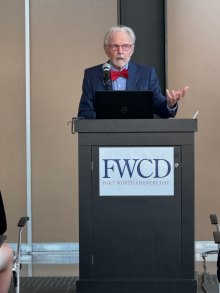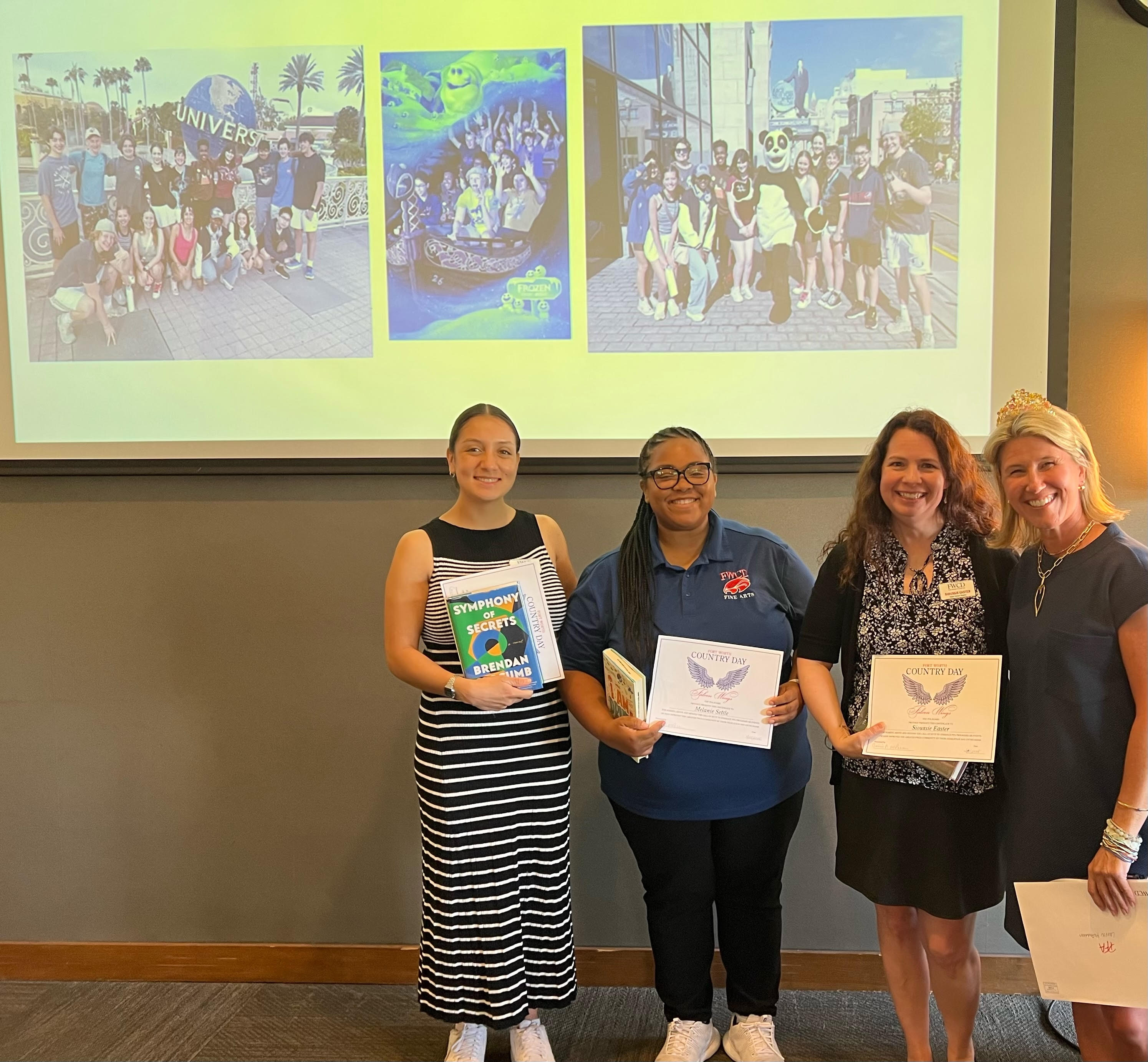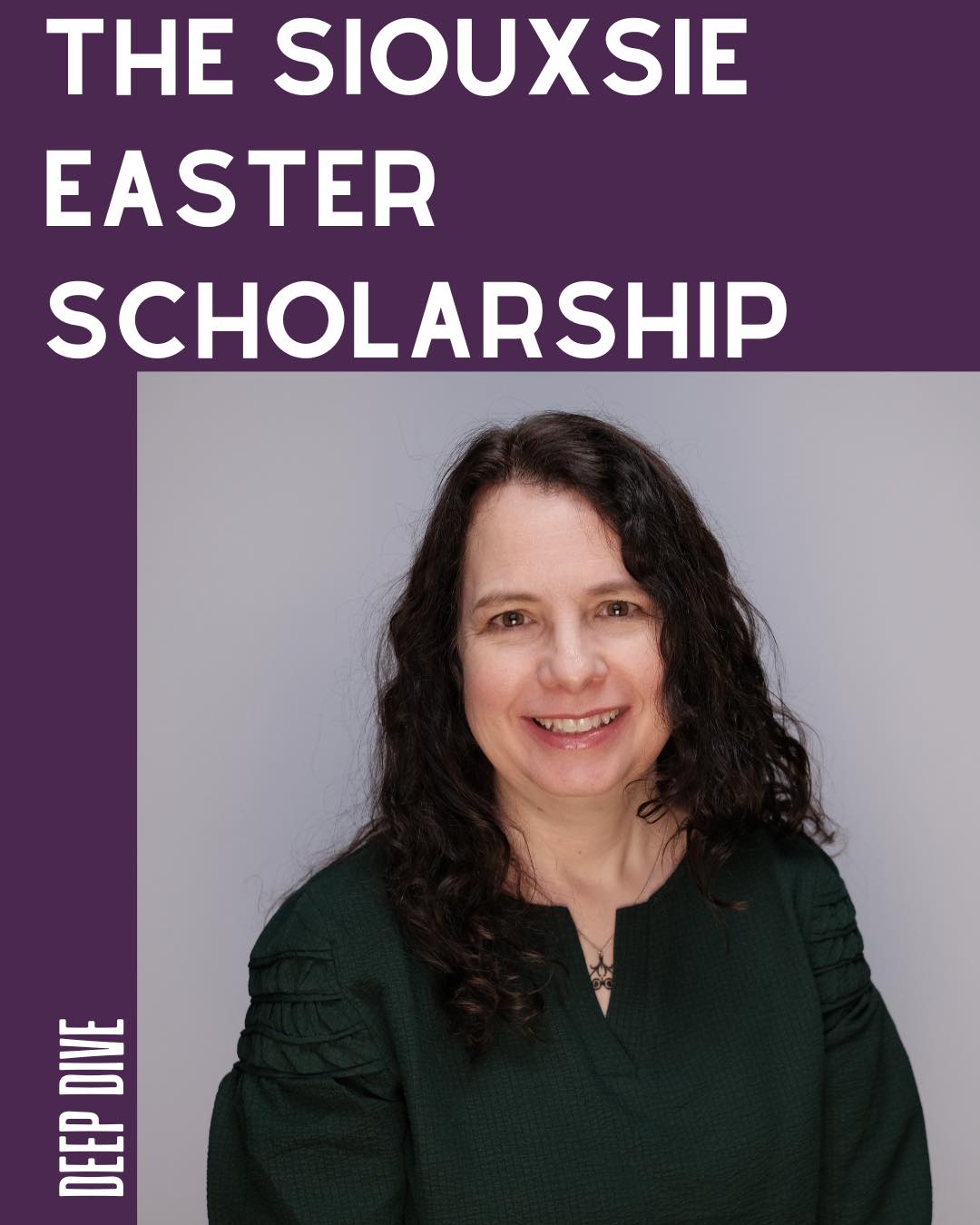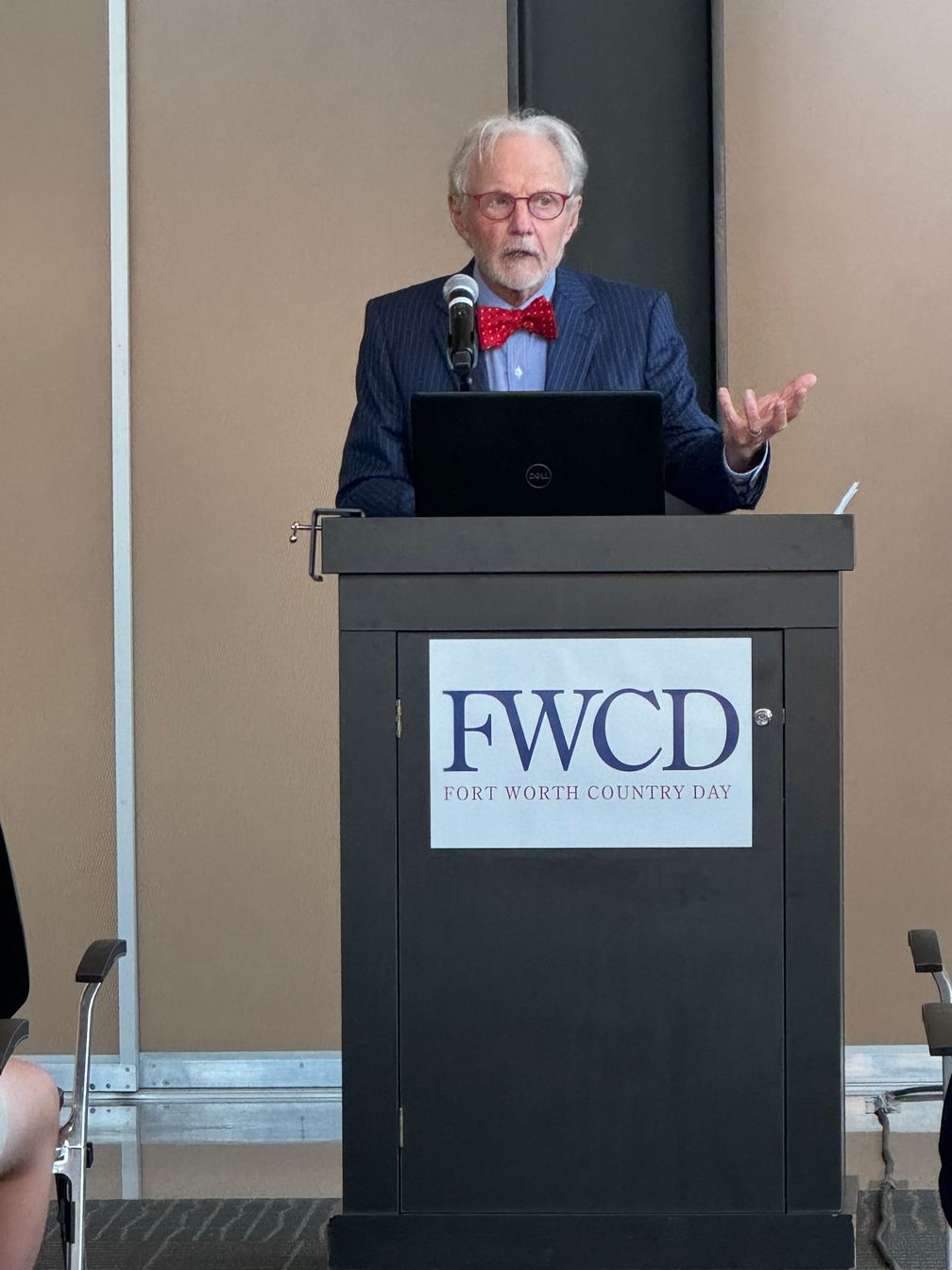Exploring Texas and Regional Identity

The 2025 Captain David R. “Chip” Herr, Jr. ‘80 Memorial Lecture featured Dr. James C. Cobb, B. Phinizy Spalding Professor Emeritus at the University of Georgia, who delivered a talk titled “Texas: The South, The West, or Its Own Thing?” A former president of the Southern Historical Association, Dr. Cobb has written extensively on the interaction between economy, society, and culture in the American South. A recipient of numerous academic honors, he is also the father-in-law of Beth Bollinger Cobb ’91 and the grandfather of Barrett Cobb ’28 and Gia Cobb ’30. As a renowned historian specializing in Southern identity and regional development, Dr. Cobb explored how Texas’s evolution mirrors that of the broader American South. He highlighted Texas as a land of opportunity, attracting individuals seeking new beginnings who contributed to the state’s distinctive cultural fabric and ultimately argued that Texas transcends traditional regional classifications, embodying a unique convergence where Southern and Western influences intersect to create a culture that is distinctly its own.
While on campus, Dr. Cobb met with Upper School students, faculty and staff for a lunch Q&A and joined seventh-grade students during their history class.
The Chip Herr ’80 Memorial Lecture honors the life and extraordinary military service, leadership, and heroism of FWCD alumnus Chip Herr ’80. The lecture series celebrates Herr’s legacy and provides FWCD students and the community with models of scholarship and service—men and women who have made sacrifices in their lives and continue to “shoulder the burdens” in the 21st century. Herr died on February 3, 1991, when his helicopter malfunctioned and crashed in eastern Saudi Arabia during a non-combat mission. He is the only FWCD graduate who has died in service to his country.



















